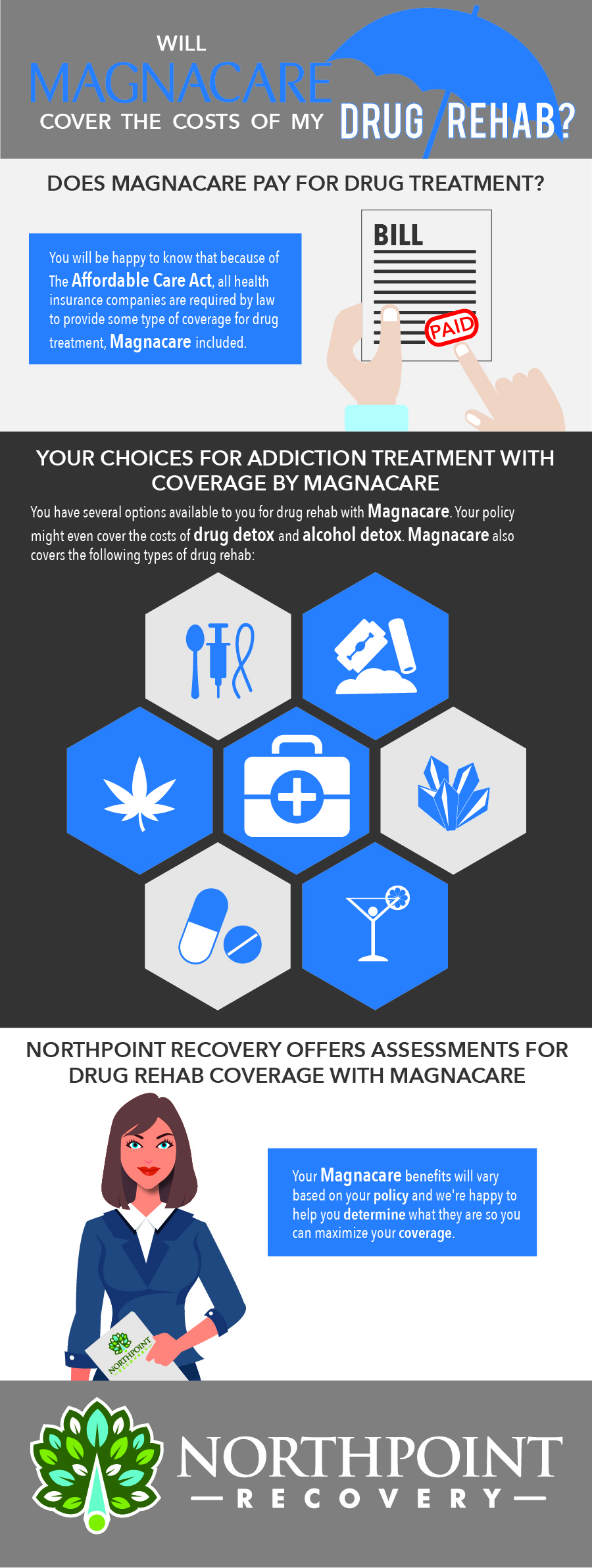Discover How To Create A Strong Post-Rehabilitation Care Approach And Achieve Long-Term Achievements
Discover How To Create A Strong Post-Rehabilitation Care Approach And Achieve Long-Term Achievements
Blog Article
Web Content Composed By-Choate Watson
You've finished drug rehabilitation, and now it's time to produce a successful aftercare strategy to ensure your long-lasting recovery.
Picture this: you're a person established to remain tidy and develop a meeting life. This post will certainly direct you with determining continuous support systems, including therapy and counseling, and creating healthy and balanced coping mechanisms.
With these techniques, you'll be furnished to prosper in your trip of sobriety.
WhiteSands best alcohol rehab centers 33564 's get started.
Identifying Ongoing Assistance Solutions
You need to determine at the very least three continuous support group to ensure an effective healing after drug rehabilitation.
The first support group is your friends and family. They can provide emotional support, motivation, and aid you remain accountable. They can likewise offer a safe and understanding environment where you can share your battles and victories.
The 2nd support group is your therapist or therapist. They can aid you resolve any kind of underlying problems that may have added to your dependency and give advice on just how to avoid relapse. They can also instruct you dealing systems and healthy and balanced methods to handle tension.
The third support system is a support system or a sober neighborhood. Being bordered by WhiteSands alcohol rehab programs 33534 that are going through comparable experiences can be exceptionally valuable. They can supply a feeling of belonging, understanding, and offer useful advice and assistance.
Incorporating Therapy and Therapy
To achieve a successful healing, it is necessary for you to proactively take part in therapy and counseling sessions, as well as include them right into your continuous support systems. By doing so, you can make the most of the benefits of these therapy methods and raise your opportunities of keeping long-term soberness.
Here are some crucial reasons incorporating therapy and counseling right into your aftercare strategy is essential:
- ** Emotional Support: ** Therapy and counseling supply a risk-free area for you to reveal your ideas, sensations, and has a hard time pertaining to your dependency. It enables you to resolve any unresolved issues and create healthy coping systems.
- ** Fall back Avoidance: ** These sessions equip you with the needed devices and techniques to avoid relapse. They aid you identify triggers, create coping skills, and establish a solid structure for managing cravings and anxiety.
- ** Individual Development: ** Therapy and counseling promote individual growth and self-discovery. They aid you acquire understanding right into the underlying root causes of your dependency, boost self-confidence, and develop much healthier relationships.
Establishing Healthy Coping Mechanisms
During therapy and therapy sessions, it's important to actively work with developing healthy coping mechanisms in order to successfully take care of tension and challenges.
You need to identify and recognize your triggers, those things that create you distress or anxiousness. By acknowledging these triggers, you can create approaches to handle them in a healthy means. This could entail exercising deep breathing workouts, taking part in physical activity, or discovering an imaginative electrical outlet to express your emotions.
It is essential to likewise border yourself with a solid support system of family and friends that can offer support and assistance.
Additionally, self-care activities such as getting adequate rest, eating well, and practicing relaxation techniques can considerably contribute to your general well-being.
Conclusion
In the journey towards recovery, developing a successful aftercare strategy resembles having a tendency to a delicate garden. Equally as a gardener supports each plant with treatment and attention, so too must one cultivate ongoing support group, integrate therapy and counseling, and establish healthy and balanced coping systems.
By doing so, the seeds of recovery will bloom into a flourishing garden, offering a solid structure for a brighter, drug-free future.
